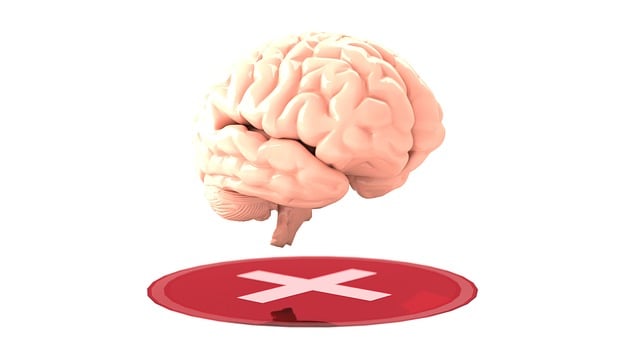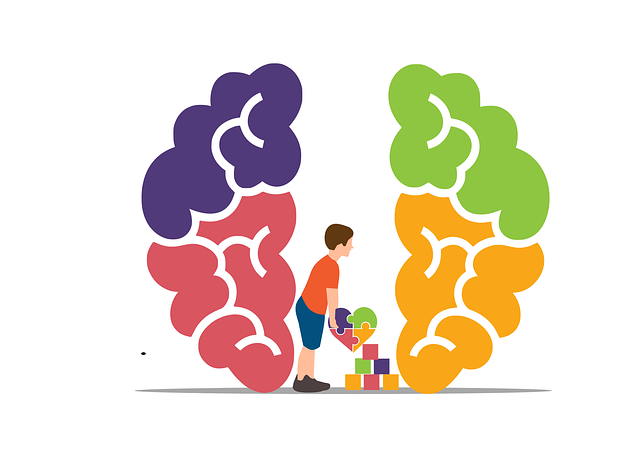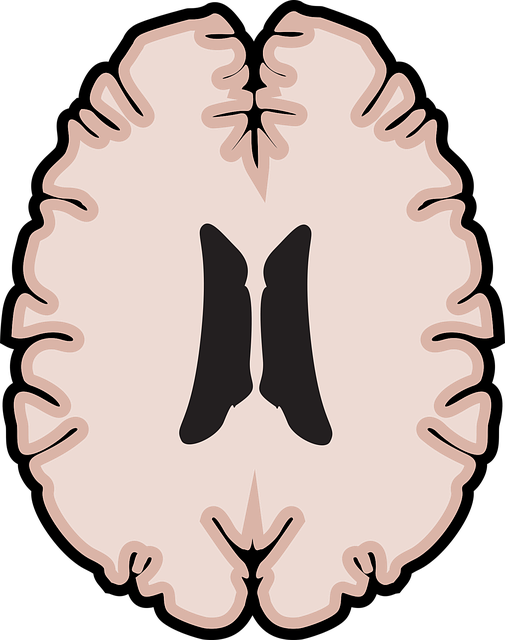Trauma from violent incidents or distressing events greatly impacts physical and mental well-being, potentially leading to conditions like Functional Neurological Disorder (FND). Organizations in Littleton focus on understanding trauma's effects, offering specialized therapy, burnout prevention, and stress reduction methods. Local FND therapy centers use advanced neuroscience and evidence-based practices to help individuals regain control over symptoms and improve functioning. Holistic programs integrate cognitive behavioral therapy, sensory integration, cultural competency, and coping skills development for comprehensive care tailored to diverse backgrounds.
Trauma is a pervasive issue with profound effects on individuals and communities. Understanding its complex nature and impact is essential for providing effective support services. This article explores these aspects, delving into the role of functional neurological disorder therapy as a revolutionary approach to recovery. We present case studies, including Littleton’s successful strategy, demonstrating how tailored interventions can transform lives. By integrating insights from various disciplines, this guide aims to enhance access to quality trauma support, especially highlighting the innovative practices of Littleton Functional Neurological Disorder Therapy.
- Understanding Trauma and Its Impact
- The Role of Functional Neurological Disorder Therapy
- Providing Effective Support Services
- Case Studies: Littleton's Approach to Recovery
Understanding Trauma and Its Impact

Trauma is a complex and multifaceted issue that can profoundly impact an individual’s physical, emotional, and mental well-being. It stems from various sources, such as violent attacks, accidents, or prolonged exposure to distressing events, and can lead to long-lasting effects on brain function and behavior. One specific condition, Functional Neurological Disorder (FND), is a perfect example of trauma’s far-reaching consequences. In some cases, individuals suffering from FND in Littleton may require specialized therapy to navigate their symptoms effectively.
Understanding the impact of trauma is crucial for organizations like Stress Management Workshops to develop comprehensive support systems. Burnout prevention strategies and stress reduction methods can play a pivotal role in helping survivors heal. By recognizing the signs and offering tailored interventions, these services ensure that individuals affected by traumatic events receive the necessary care, fostering resilience and promoting recovery.
The Role of Functional Neurological Disorder Therapy

Functional Neurological Disorder (FND) Therapy plays a pivotal role in trauma support services, offering specialized care tailored to individuals struggling with this complex condition. Littleton Functional Neurological Disorder Therapy centers have emerged as hubs for innovative treatment methods, addressing the unique challenges faced by trauma survivors. By integrating advanced neuroscientific understanding with evidence-based practices, these therapists help clients regain control over their symptoms and improve overall functioning.
Beyond traditional therapy sessions, Public Awareness Campaigns Development and Conflict Resolution Techniques are integral parts of the support system. Enhanced Mental Health Awareness initiatives ensure that individuals affected by FND receive timely and accurate information about their condition, fostering a sense of understanding and empowerment. This multi-faceted approach not only complements clinical treatment but also contributes to the broader goal of improving mental health services accessibility and effectiveness.
Providing Effective Support Services

Effective trauma support services go beyond mere intervention; they aim to empower individuals to navigate their emotional healing processes. Therapists skilled in functional neurological disorder therapy, like those offered at Littleton, play a pivotal role in this journey. By employing evidence-based practices, these professionals facilitate the unravelling of complex memories and triggers associated with traumatic events.
Integrating techniques such as conflict resolution strategies and mental wellness journaling exercises guidance can help clients gain profound insights into their experiences. This holistic approach not only supports the processing of trauma but also equips individuals with tools to foster resilience and enhance overall well-being, ensuring they can lead fulfilling lives post-trauma.
Case Studies: Littleton's Approach to Recovery

In the context of trauma support services, Littleton’s approach to recovery stands out as a model of excellence. This innovative program focuses on individuals suffering from functional neurological disorders (FND), offering a holistic treatment plan that combines various therapeutic modalities. By integrating evidence-based practices such as cognitive behavioral therapy and sensory integration techniques, Littleton aims to address the complex physical and emotional symptoms associated with trauma.
One of the key strengths of Littleton’s approach lies in its emphasis on coping skills development. Through tailored interventions, patients are equipped with strategies to manage their symptoms effectively, fostering a sense of empowerment and resilience. Moreover, risk management planning for mental health professionals is an integral part of this framework, ensuring that both clients and healthcare providers receive comprehensive support. The program also prioritizes cultural competency training for healthcare providers, recognizing the impact of diverse backgrounds on trauma healing. This inclusive approach guarantees that every individual receives care that is sensitive to their unique needs and experiences.
Trauma support services have evolved to include innovative approaches like Littleton Functional Neurological Disorder Therapy, demonstrating a comprehensive understanding of trauma’s impact on individuals. By combining neurotherapies with holistic care, as showcased in the case study of Littleton’s recovery model, we can enhance healing outcomes and empower those affected by traumatic experiences. Effective support services, when tailored to individual needs, offer hope and facilitate transformative journeys towards resilience and restoration.














